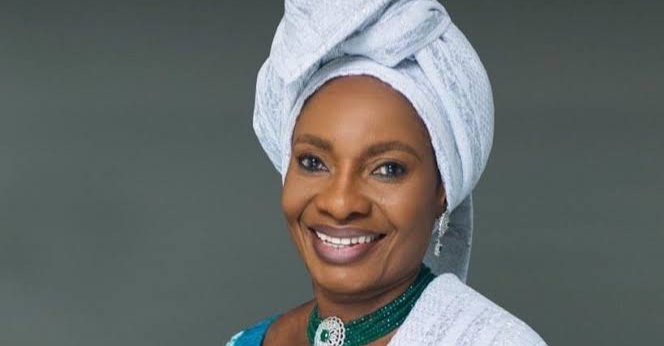The Minister of Women Affairs, Mrs Pauline Tallen, says poverty is one of the principal causes of Gender-Based Violence (GBV).
Tallen said this on thursday, in Abuja at the presentation of the statistical tool for data gathering on Gender-Based Violence Case Information Management System (GBVCIMS).
Tallen, who was represented by the Permanent Secretary, Mr Olufunso Adebiyi, said that not economically empowering women to be able to cater for themselves made them vulnerable to abuse.
She, however, said that the society should learn to empower women so they could attend to their basic needs themselves and not have to wait on anyone to meet their needs.
Tallen also said that girl child education should be encouraged while the aspirations of the girl child should be raised to want to attain something meaningful for herself.
According to her, to curb the menace of GBV, girl child marriage should be avoided at all cost as girls were not pieces of furniture to be given out at will.
She cited traditional factors, family background, societal norms, illiteracy, access to properties and lack of unity among the womenfolk as some of the reasons why GBV thrived in the society.
The Statistician-General of the Federation, Mr Simon Harry, said that as the apex data generating body in the country, the National Bureau of Statistics (NBS), data generated on GBV by responding agencies would be used to provide empirical evidence to support planning aimed at ending GBV.
Represented by Mr Yemi Adeniran, Director, Demography and Household Statistics Department, Harry said that the project would generate the required data necessary to inform policy decisions and also to create awareness and strengthen coordination amongst stakeholders within all levels of government.
In a goodwill message, Mio Shindo-Braaten, Associate Protection Officer at the United Nations High Commissioner for Refugees (UNHCR), said that the prevalent cases of GBV in Nigeria called for the development of such a tool.
This, she said, was for all relevant stakeholders to collaborate in providing timely response to the needs of survivors regardless of age, gender and diversity.
Related Articles
“One of the biggest challenges of that women and girls in forced and protracted displacement (IDPs, refugees and returnees) face in Nigeria is the risk of GBV escalated by various issues including food insecurity and lack of means of livelihood.”
Shindo-Braaten said it was important that the tool was inter-operatable with existing GBV case management tools in the country to create synergies among all stakeholders to better respond to survivors, with consideration to confidentiality of the survivors.
She added that sensitisation should be heightened on the need to speak out and report GBV incidents and avoid stigmatisation.
Ms Ulla Mueller, the United Nations Population Fund (UNFPA) Resident Representative in Nigeria, said that data in GBV was paramount to decision making, programming, and in guiding our actors in both prevention and service delivery.
According to her, GBV case management protocols facilitate support of GBV caseworkers’ ability to understand survivors’ social and economic environment, inclusive of their intrapersonal strengths and assets.
“When we gather data without offering services through the right methods, we violate the rights of the survivor.
“Therefore, to ensure the ethical practice we preach, the GBVCIMS offers us the opportunity to ethically gather GBV data according to global standard practice.
“I believe that the access and opportunity this tool brings to us will serve greatly toward the elimination of violence against women and girls through better programming.”
The tool was developed as a joint effort by various organisations of government and civil societies with support from international partners.
It is aimed at ending GBV in Nigeria.








